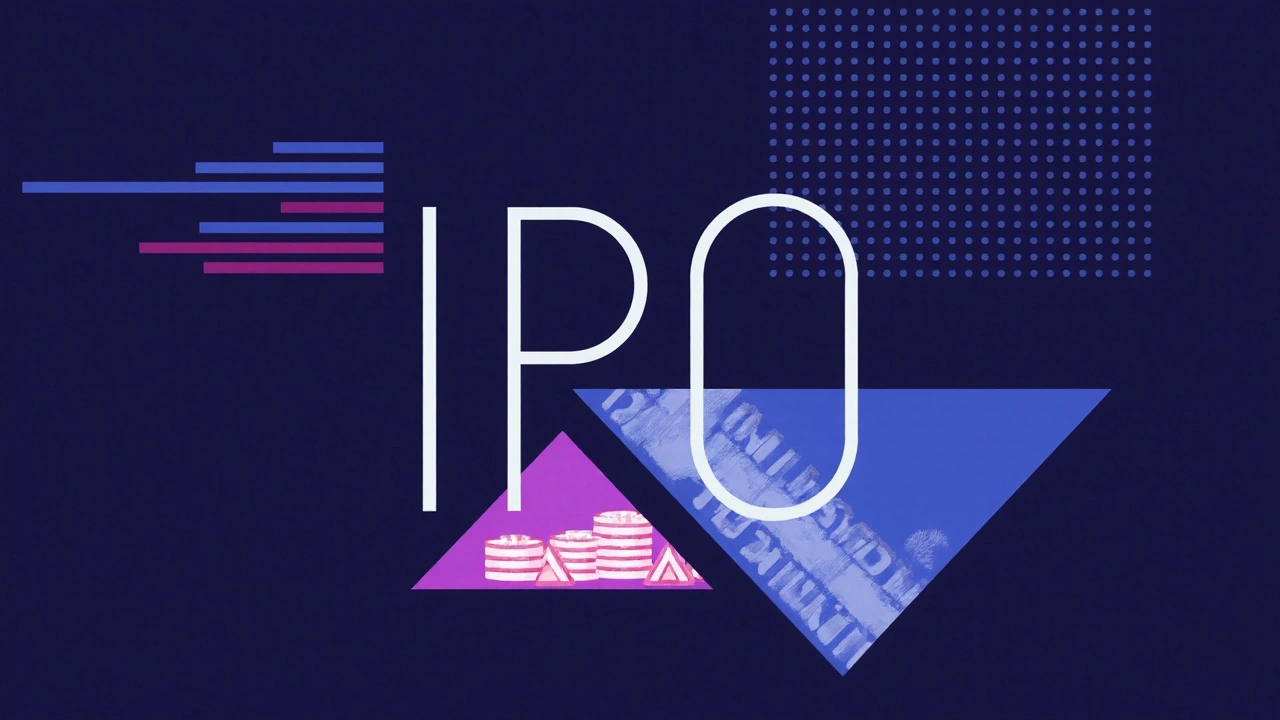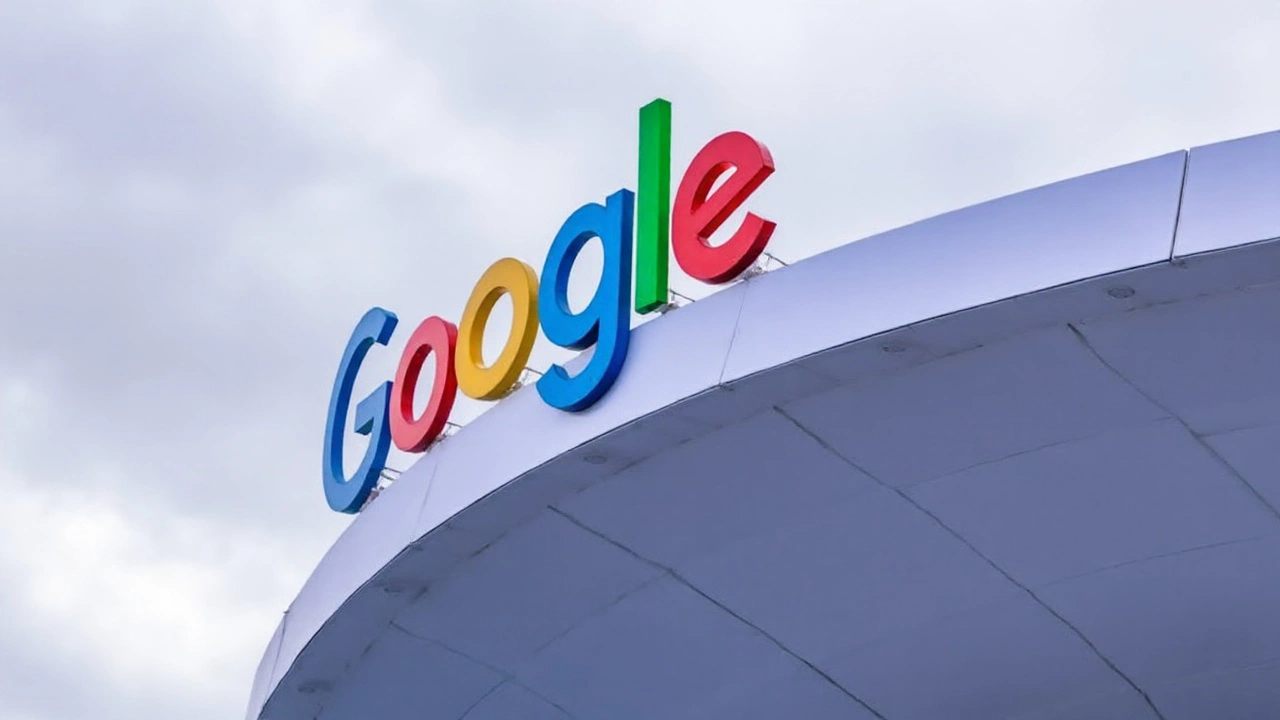Alphabet joins the $3 trillion club as AI bets pay off
Alphabet pushed past the Google $3 trillion market capitalization mark on September 15, 2025, a milestone that puts the company in rare company with Apple, Microsoft, and Nvidia. The jump followed a favorable antitrust court decision that investors read as easing the risk of severe remedies, clearing a cloud that had hung over the stock for months.
This is more than a number on a screen. The run-up reflects a broader shift in how Wall Street values Google’s core businesses as the company leans harder into AI. Advertising still pays most of the bills, with Search and YouTube anchoring cash flow, but momentum in Google Cloud and a faster cadence of AI features across products are doing the heavy lifting on sentiment. The market is betting that AI will help Google keep users inside its ecosystem longer and sell higher-value tools to businesses.
On the enterprise side, Google Cloud has been pushing generative AI services into productivity suites, customer support, and software development workflows. Margins have improved as scale kicks in and losses from earlier years narrow. That matters: investors tend to reward recurring revenue with expanding profitability, especially when it is tied to infrastructure and AI platforms that can be hard to rip out once adopted.
The antitrust backdrop is still complex, but the latest ruling reduced the odds of a near-term structural breakup. Regulators haven’t gone away, and fresh cases could surface, yet the decision lowered the temperature enough for money managers to focus on fundamentals again—usage, monetization, and the cost curve of running large AI models at internet scale.
Crossing $3 trillion also reshapes index math. Alphabet’s heft in the S&P 500 and Nasdaq means passive funds will lean in further, and options markets will track the name more closely around earnings and AI product events. In plain English: the stock is now one of the market’s main gravity wells.

Gemini’s iOS moment—and what it would mean if it holds
While the market cap made headlines, a second storyline bubbled up: chatter that Google’s Gemini app climbed to the top of Apple’s App Store charts in some regions. Independent, verifiable rankings were hard to pin down in real time, and Apple’s lists shift by country and hour. Still, if Gemini did reach No. 1, even briefly, it would be a symbolic win in a space where ChatGPT and Microsoft’s Copilot have dominated consumer mindshare.
Why does an App Store surge matter? iOS users spend more on apps and subscriptions than the average Android user, and winning their home screens can build daily habits. For Google, that means a direct line to consumers who might otherwise default to Siri, a mobile web search, or a rival chatbot. It’s also a way to showcase features that blend text, images, voice, and on-device tools—key to convincing users that an AI assistant can do more than answer trivia.
There are practical caveats. App Store rankings are a moving target, sliced by country and category, and short bursts of downloads can propel an app to the top before retention is proven. AI chat apps, in particular, see big spikes after product announcements or influencer buzz, only to face the hard part: keeping people engaged after the novelty fades. That’s where integration matters. The tighter Gemini connects to Gmail, Drive, Docs, and Maps, the stickier it can become—especially for students, freelancers, and small teams who live inside Google’s tools.
Monetization remains a strategic puzzle. Apple’s in-app payment rules take a cut of subscriptions sold on iOS, which can nudge developers to push users to web sign-ups. Expect Google to experiment with pricing tiers, bundles tied to Workspace, and generous free features to swell the top of the funnel. The business goal isn’t just subscription revenue; it’s distribution, data signals (with privacy controls), and a chance to set defaults for everyday tasks.
The competitive field is crowded. OpenAI’s ChatGPT, Microsoft’s Copilot, and other AI assistants are iterating fast, and each has a distribution edge—OpenAI through brand heat, Microsoft through Windows and Office, and Google through Search, Android, and YouTube. On iOS, that edge must be earned app by app. If Gemini can pair reliable answers with useful actions—summarizing emails, drafting docs, planning trips, or generating images on the fly—it stands a chance to become a daily driver, not a novelty.
Investors will watch for two things next: proof that consumer engagement is rising, and signs that AI is lifting monetization across ads and cloud. If user queries on mobile shift from generic searches to AI-based tasks, Google will have to adapt how it serves ads and measures performance. The company has hinted at new ad formats and guardrails around AI answers, but the long-term playbook is still being tested in public.
- What to watch: updated guidance on AI infrastructure spending and model efficiency, which drive unit economics.
- What to watch: Gemini feature velocity on iOS and Android, especially voice and on-device capabilities.
- What to watch: app store rankings across major markets over a sustained period, not just a weekend spike.
- What to watch: regulatory moves in the U.S. and EU that could affect defaults, data sharing, and app distribution.
For now, the story is straightforward. Alphabet earned its place in the three-comma club, and the AI race is shifting from demos to distribution. If the App Store buzz around Gemini hardens into durable engagement, it would underline why the market just pushed Google into a new valuation tier—and why the next phase will be fought on your phone’s home screen.





Write a comment